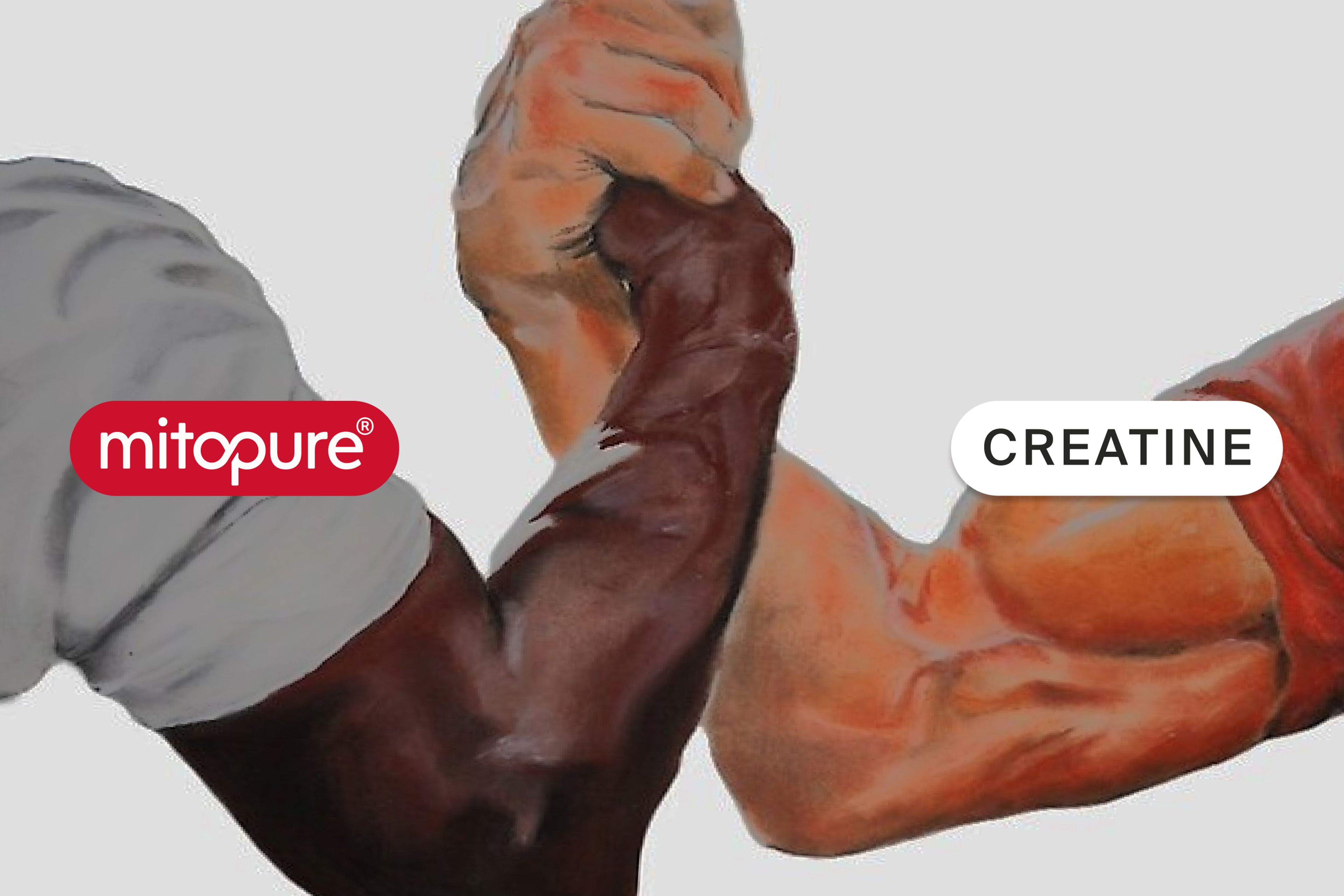Biological age vs. chronological age: Can you reverse aging?
Learn the difference between chronological and biological age, how you can stay younger for longer, and if aging can be reversed.

What to know
Chronological age measures how many years you’ve been alive. Biological age measures how much you’ve aged during those years.
Biological age can be impacted by your environment, relationships, and lifestyle habits.
When your biological age is higher than your chronological age, you’re at higher risk for chronic disease and death.
The typical American lifestyle results in aging faster than chronological age.
Biological aging can be slowed—and maybe reversed—with exercise and a diet rich in polyphenols.
Age isn’t just a number: It’s two numbers. There’s the number of years you’ve been alive, and the number of years you’ve actually aged—what scientists call “biological age.”
It’s a concept that studies show we intuitively understand aging, says Kara Fitzgerald, ND, author of Younger You: Reduce Your Bio Age and Live Longer, Better. If you’ve ever called a silver-haired yoga instructor a “young 70,” or a hunched, slow-walking man an “old 50,” you get it.
“When you look at somebody and think they’re aging faster, chances are that they actually are. It’s like we’re biologically hardwired to perceive that,” says Fitzgerald.
But the difference isn’t just a matter of looking vibrant. When we age faster, certain biological processes make us more susceptible to chronic diseases, and we’re more likely to experience a decline in our bodily functions[1].
The bad news, Fitzgerald says, is “if we’re following the typical American lifestyle, we’re aging at a faster rate.”
The good news? Researchers are discovering the root causes of aging, learning more about how to quantify our biological age, and even finding strategies to slow it down—or even reverse it.
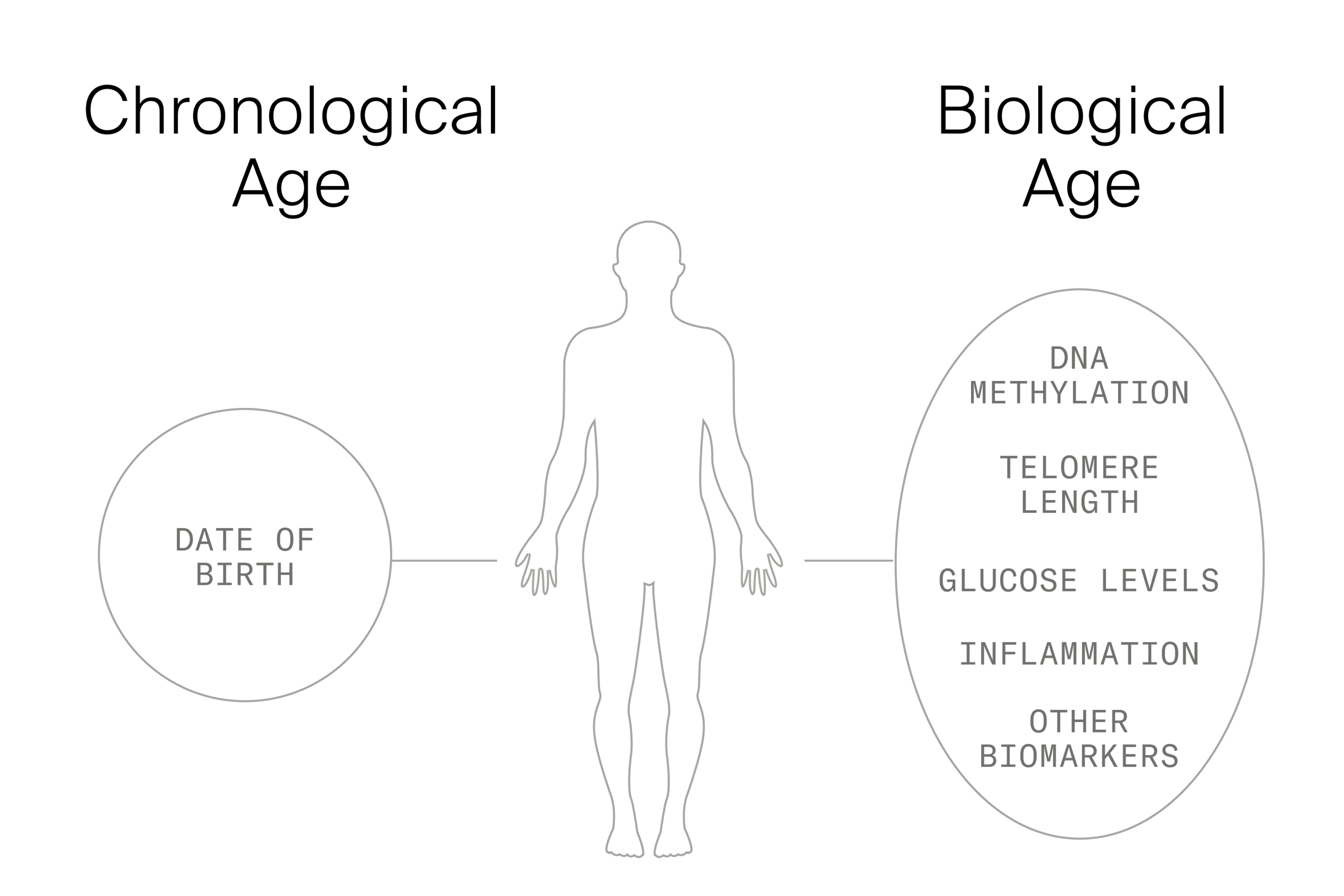
Biological age vs. chronological age
The difference between these two is the difference between age and aging. Chronological age is the number of years you’ve lived. If you were born in 1974, your chronological age is 50 in the year 2024.
Your biological age measures how many years you’ve aged in those 50. The more you’ve aged, the more likely you are to suffer from chronic diseases and even early death[2].
The amount you’ve biologically aged can be determined by measuring certain biomarkers in your body. Biomarkers are molecules or characteristics that “mark” that a process has occurred, or are related to a risk factor for disease—they’re things doctors and scientists can measure to see what’s happening with your health[3]. When your doctor measures your cholesterol from a blood draw, for example, that’s a biomarker.
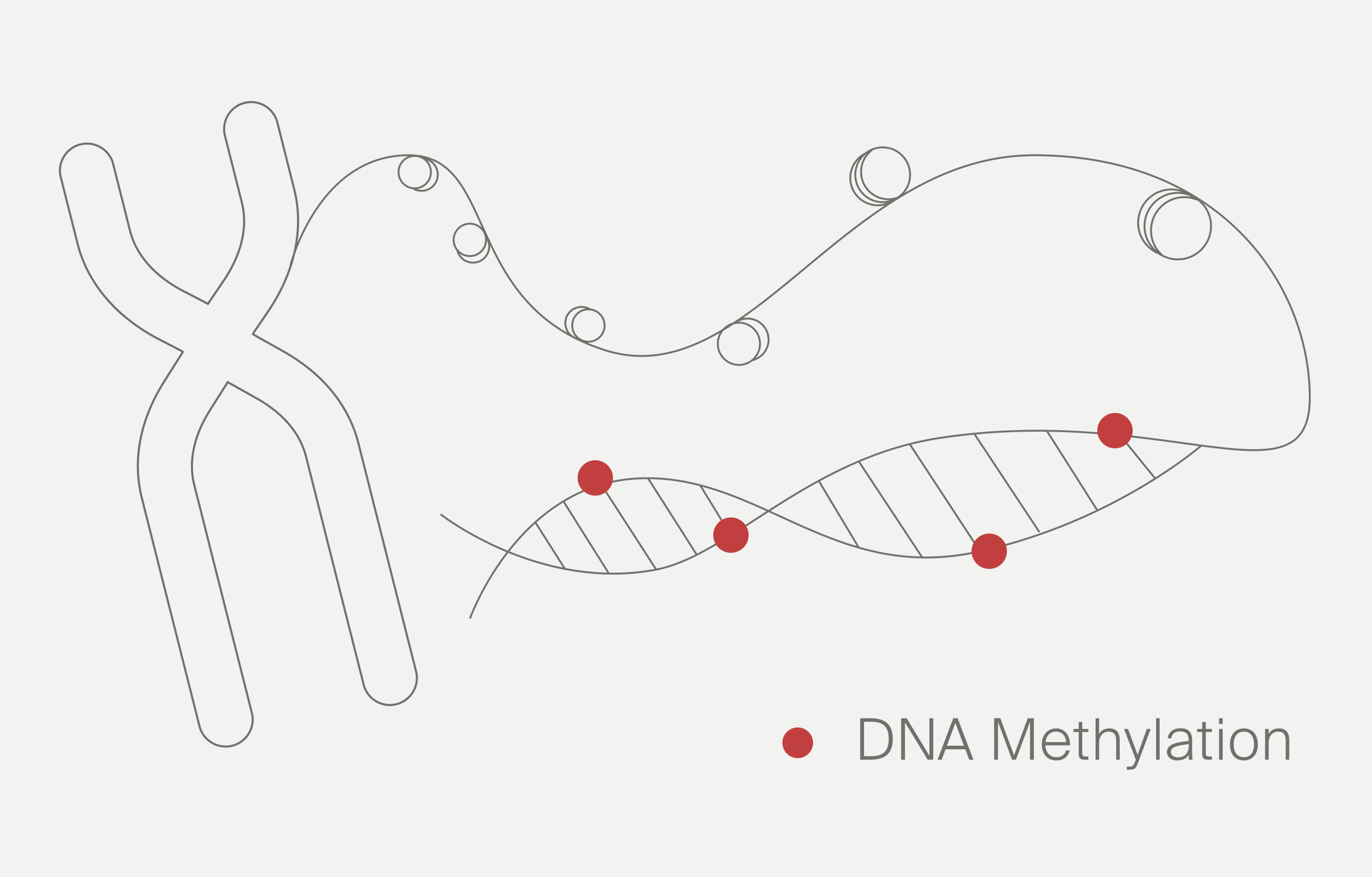
Measuring biological aging with DNA methylation
One biomarker that’s gaining a lot of attention for measuring biological aging is DNA methylation[4]. In this process, a group of one carbon and three hydrogen molecules—a methyl group—attaches to a part of a DNA strand. This process determines whether a specific gene is turned on … or not.
This process—the expression of our genes—is called “epigenetics.” Epigenetic alterations are one of the hallmarks of aging and it plays a role in biological aging.[5] When we age, Fitzgerald says, DNA methylation becomes less efficient. This results in the wrong genes being turned on.
How to slow biological aging
Our environment and lifestyle determine many of the epigenetic expressions in our DNA, Fitzgerald says. This includes our actual environment: Worse air quality is associated with enhanced epigenetic aging.[6]
But there are also lifestyle habits that can impact how quickly we age.
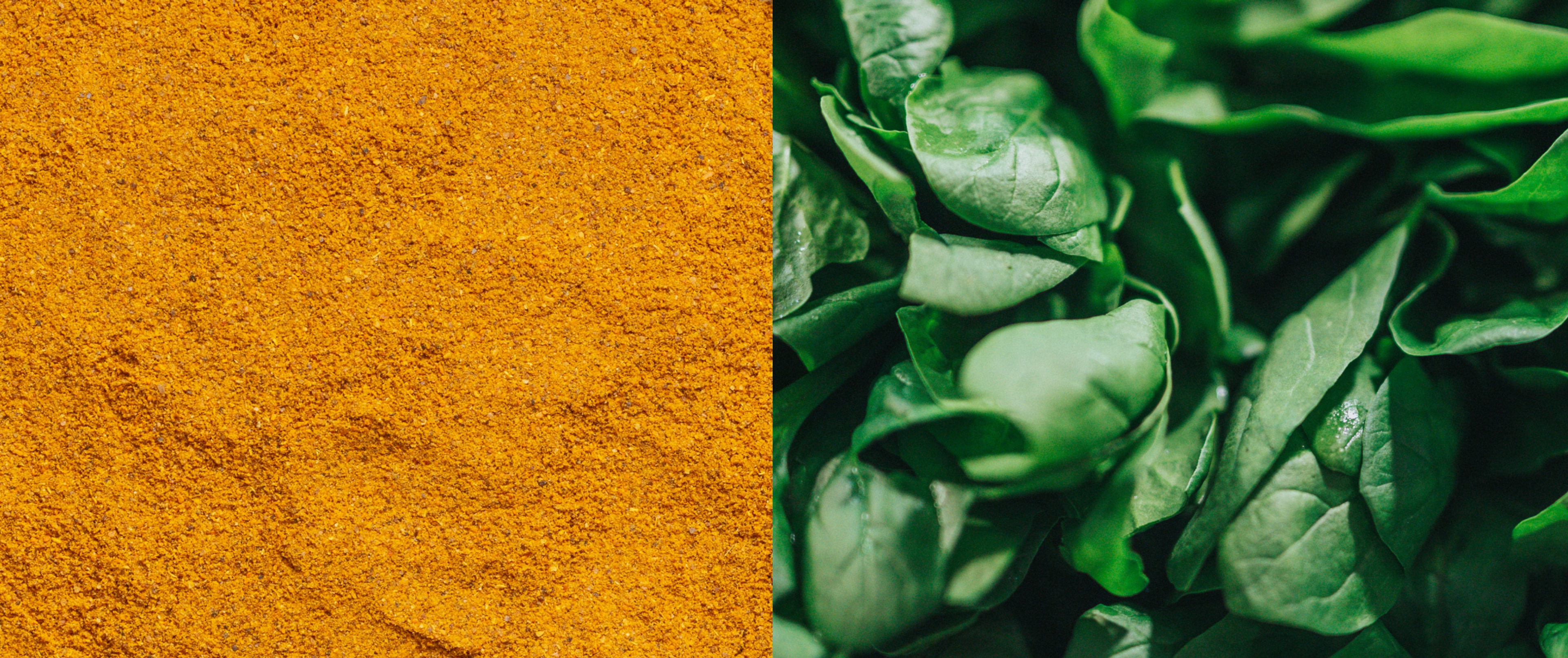
Turmeric and spinach. Foods rich in polyphenols
Consume lots of polyphenols
Polyphenols are compounds derived from plants that fight against inflammation in the body and act as antioxidants.[7] These substances, like resveratrol and curcumin, are associated with lower risks of chronic diseases like diabetes and heart disease, and with a slower pace of biological aging.
In a study conducted by Fitzgerald’s lab, a diet loaded with polyphenols—about 3000 milligrams per day—helped study subjects reduce their biological age by an average of 4.7 years after just eight weeks.[8] Leafy greens and cruciferous vegetables—like kale, spinach, and broccoli—are high in these compounds.
“Polyphenols seem to sweet talk DNA methylation,” Fitzgerald says, not just increasing the amount of methylation but pushing the process towards more favorable epigenetic outcomes.
The level of polyphenol intake in this study may not always be possible with diet alone. Supplements can help, Fitzgerald says. Research on Urolithin A, which is derived in the gut from polyphenols, shows promise in reducing the signs of aging.
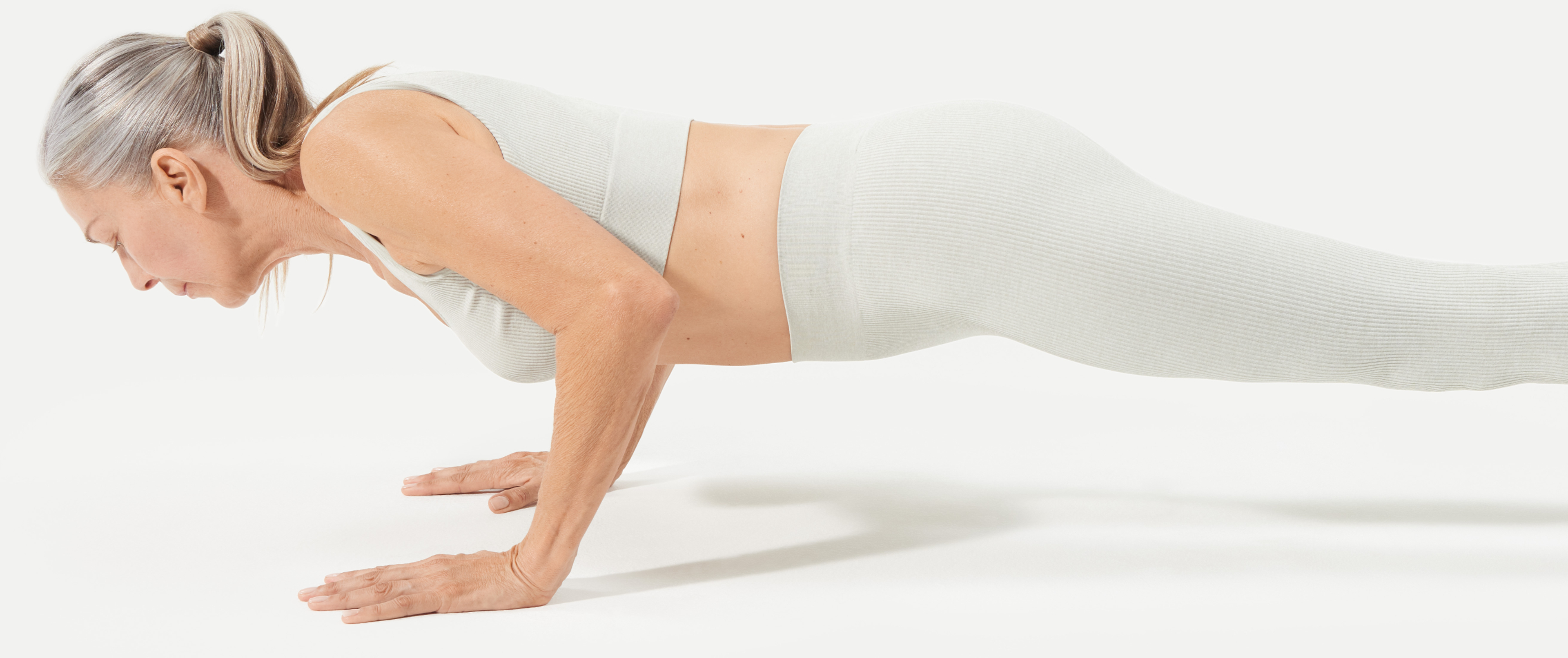
Exercise
“Exercise is the most important anti-aging pill we have access to,” Fitzgerald says. Part of that is function: Aging is a loss of function, and exercise helps maintain the function of muscles and keep mitochondria—the organelles responsible for powering our cells—functioning well.[9]
Regular exercise also remodels DNA methylation to make more favorable epigenetic changes, especially in skeletal muscles.[10]
Five weekly workouts of 30 minutes each, performed at 60-80 percent of your maximum level of exertion, can provide these benefits, Fitzgerald says.
How to calculate your biological age
If you’re interested in pinpointing your biological age, there are several biomarkers, including glucose levels, cholesterol levels, and inflammatory markers, to name a few, that can be used to establish your current level of health.
There are also some DNA methylation test that can be purchased to measure epigenetic markers.[11]
Final words: put the brakes on aging
Researchers are learning more each year about biological age, ways to measure it and ways to slow it down.
“Biological age reversal is happening in cell models,” she says. “We are at an extraordinary frontier in science.”
But we don’t have to wait for the future to get started. Diet, exercise, and supplement interventions work: They’re proven tools we can all use to slow our pace of aging, starting now.
Authors

Written by
Editorial Staff

Reviewed by
Lead Regulatory Affairs & Scientific Manager Alliances at Timeline
References
- ↑
Noroozi R, Ghafouri-Fard S, Pisarek A, et al. DNA methylation-based age clocks: From age prediction to age reversion. Ageing Res Rev. 2021;68:101314. doi:10.1016/j.arr.2021.101314
- ↑
Oblak L, van der Zaag J, Higgins-Chen AT, Levine ME, Boks MP. A systematic review of biological, social and environmental factors associated with epigenetic clock acceleration. Ageing Res Rev. 2021;69:101348. doi:10.1016/j.arr.2021.101348
- ↑
Califf RM. Biomarker definitions and their applications. Exp Biol Med (Maywood). 2018;243(3):213-221. doi:10.1177/1535370217750088
- ↑
Li A, Koch Z, Ideker T. Epigenetic aging: Biological age prediction and informing a mechanistic theory of aging. J Intern Med. 2022;292(5):733-744. doi:10.1111/joim.13533
- ↑
Duan R, Fu Q, Sun Y, Li Q. Epigenetic clock: A promising biomarker and practical tool in aging. Ageing Res Rev. 2022;81:101743. doi:10.1016/j.arr.2022.101743
- ↑
Rider CF, Carlsten C. Air pollution and DNA methylation: effects of exposure in humans. Clin Epigenetics. 2019;11(1):131. Published 2019 Sep 3. doi:10.1186/s13148-019-0713-2
- ↑
Tsao R. Chemistry and biochemistry of dietary polyphenols. Nutrients. 2010;2(12):1231-1246. doi:10.3390/nu2121231
- ↑
Fitzgerald KN, Campbell T, Makarem S, Hodges R. Potential reversal of biological age in women following an 8-week methylation-supportive diet and lifestyle program: a case series. Aging (Albany NY). 2023 Mar 22; 15:1833-1839 . https://doi.org/10.18632/aging.204602
(https://doi.org/10.18632/aging.204602) - ↑
Wang K, Liu H, Hu Q, et al. Epigenetic regulation of aging: implications for interventions of aging and diseases. Signal Transduct Target Ther. 2022;7(1):374. Published 2022 Nov 7. doi:10.1038/s41392-022-01211-8
- ↑
Barrès R, Yan J, Egan B, et al. Acute exercise remodels promoter methylation in human skeletal muscle. Cell Metab. 2012;15(3):405-411. doi:10.1016/j.cmet.2012.01.001
- ↑
Rutledge J, Oh H, Wyss-Coray T. Measuring biological age using omics data. Nat Rev Genet. 2022;23(12):715-727. doi:10.1038/s41576-022-00511-7
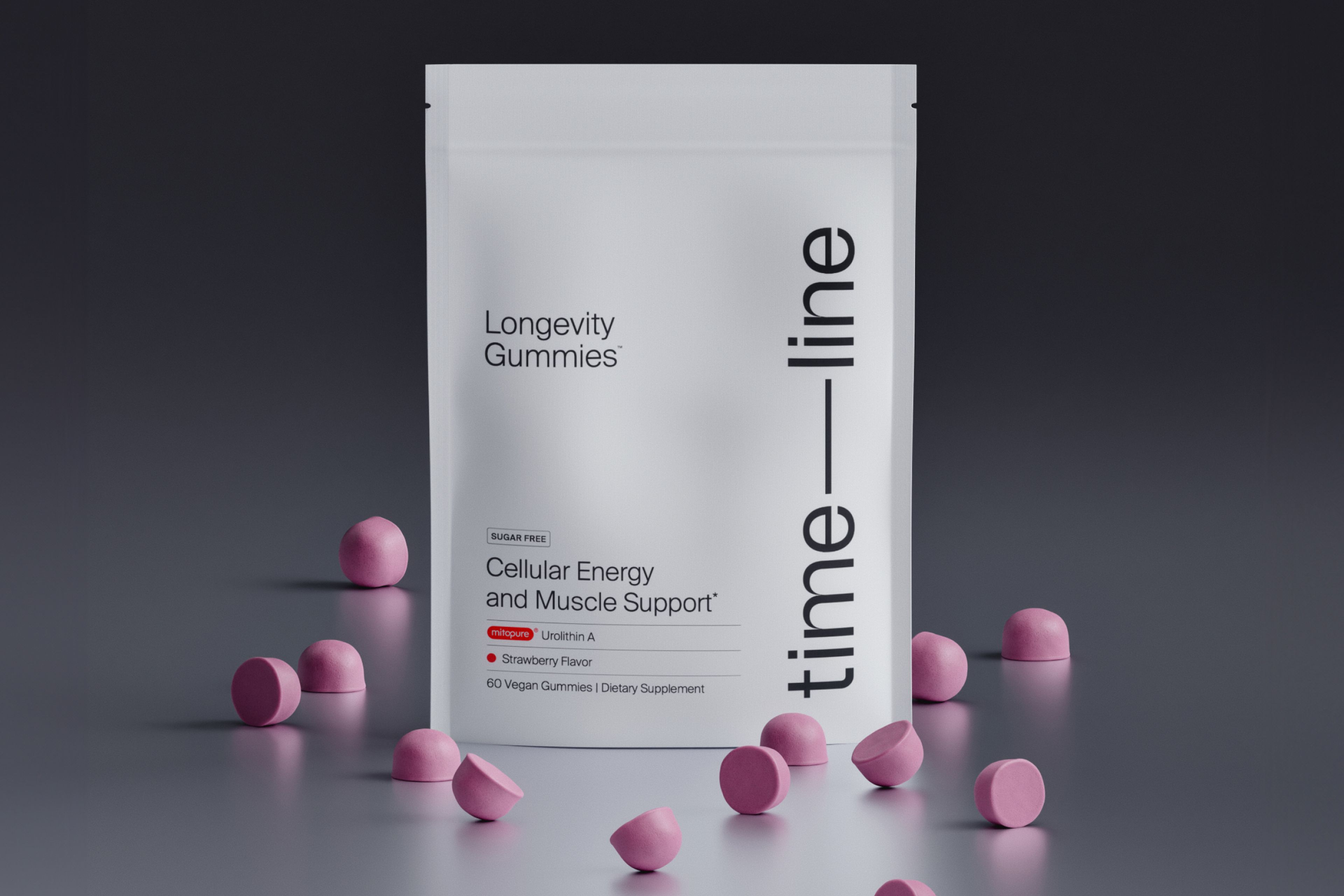
•
Nutrition•
First-of-Its-Kind Longevity Gummy Launched
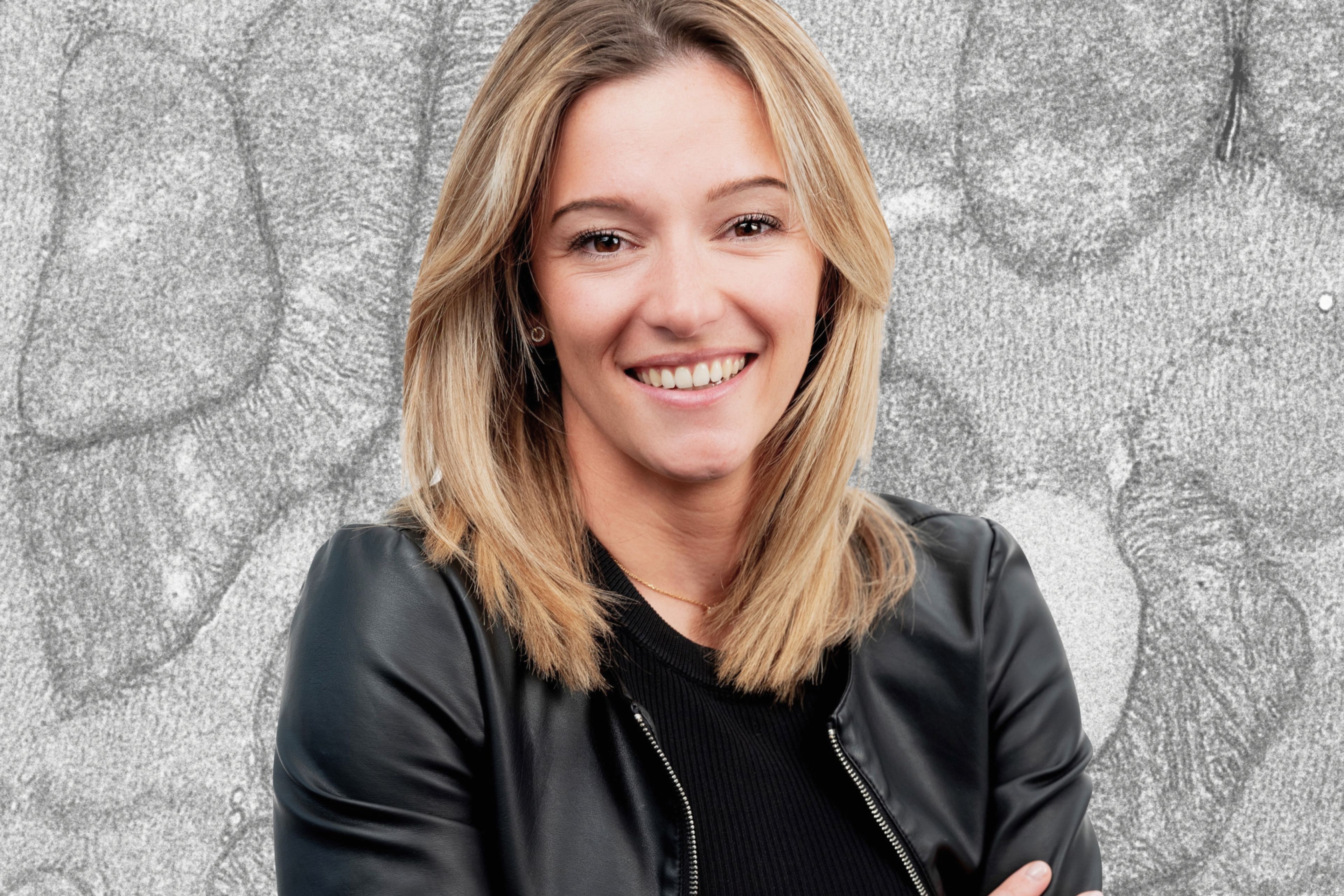
•
Skincare•






